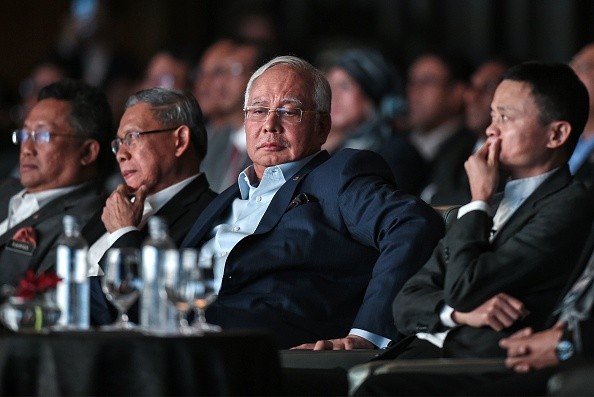The eFulfillment hub that Alibaba plans to establish at the KLIA Aeropolis would be the first in the world outside China, in line with Malaysia's roadmap for transformation into a digital economy, Malaysian Prime Minister Datuk Seri Najib Razak said during the launch of the Digital Free-Trade Zone (DGTZ) on March 22 in Kuala Lumpur.
According to the prime minister, the e-commerce and logistics hub, which will be built at the 45-hectare KLIA Aeropolis would provide the faster processing of clearances for both imports and exports, Bernama reported.
"Hangzhou is the hub for China and Aeropolis is for Malaysia and Association of South-East Asian Nations. We will make this (hub) exciting and big," the Malaysian leader said.
Malaysia's DGTZ initiative includes the eFulfillment hub as one of its components, the report said.
At a press conference after the launching, Datuk Yasmin Mahmood, Malaysia Digital Economy Corp's (MDEC) Chief Executive Officer, said an eight-hectare site in Aeropolis, which was previously the Low-Cost Carrier Terminal, will be allotted for the physical zone.
Mahmood said that Cainiao Network, Alibaba's logistics affiliate, could build an extension in the adjoining 37 hectares within the site, under the memorandum of understanding signed between the retail e-commerce company and Malaysia Airports Holdings Bhd.
She added that the construction of the hub will start before the year-end.
Meanwhile, Daniel Zhang, Alibaba Chief Executive Officer, could not provide details about the spending as he said that the hub in Malaysia is a long-term commitment and there were no specific amount.
"We will have tangible investment which is in the hub and other intangible assets such as the knowledge, experience, and technology. This will benefit the small and medium enterprises (SMEs) in Malaysia," Zhang was quoted as saying.
According to Zhang, the country was chosen by Alibaba for its regional hub because Malaysia shares a similar vision on digitalization and for its strategic location.
The report said that the DFTZ was established to take advantage of the rapid growth of the Internet economy and cross-border e-commerce activities. The digital free zone has three main components with physical and virtual zones.
Independent satellite services hub facility would also be built in Bandar Malaysia, the Malaysian prime minister said earlier.
"Malaysia will offer 500,000 sq ft of Bandar Malaysia for SMEs, entrepreneurs, accelerators and venture firms to set up their businesses there. They will come under one roof in Bandar Malaysia," the leader said.



























